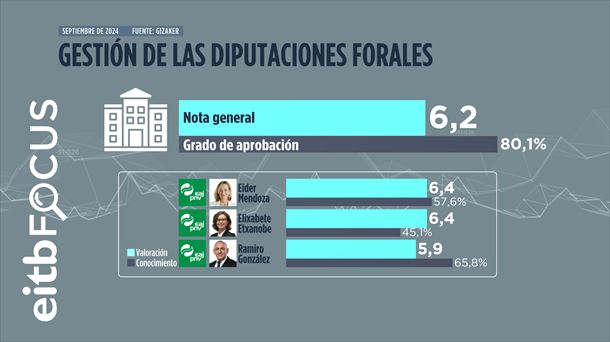Van Michael Dittrich, the spokesperson for the Vorarlberg Armuts Conference, are the austerity measures at federal and state level “fatal and embarrassing”, because material and socially disadvantaged people are not excluded. A glance at the statistics shows how much their number has increased.
The recently shown survey about income, poverty and living conditions in Austria hardly shows any changes compared to the previous year. 14.3 percent of the population and so 1.29 million people had a low family income with less than 60 percent of an income on medium -sized income in 2024. This means that they are considered a risk of poverty.
Development “has found a floor”
In 2024 exactly 16.9 percent of the Austrian population was hit by absolute poverty – this includes households with less than 60 percent of an income with a medium size. There were also hardly any changes compared to the previous year. “You could say that the development of the poverty company in Austria has found a floor that is somewhere between 14 and 15 percent of the population,” Michael Dittrich analyzed. From the fact, it can also be concluded that the state aid measures during pandemic and the high inflation phase people with low -income low -income against financial and social accidents would have largely protected.
Consistently high absolute poverty
However, Michael Dittrich is concerned about the consistency of those affected by absolute poverty and considerably material and socially disadvantaged people. Their part was almost doubled in 2023 and remained the same in 2024. About 336,000 people are therefore considered “absolutely bad”. You cannot pay at least seven of the 13 characteristics and activities of daily life defined by the EU. This includes, for example, unexpected expenses of 1390 euros, one vacation per year or a warm apartment.
“This means that this group at the bottom of the social pyramid has been difficult to get through the crises of recent years and has increased sharply,” explains Michael Dittrich. The support measures would not have been sufficient for them. The crisis consequences in the vulnerable groups, including people with low incomes, unemployment, households or a layer of households affected by unemployment are still noticeable.
No progress in combating poverty in the country
With regard to the numbers in the country, Vorarlberg lags considerably in the penultimate place of all federal states in the case of pure poverty limits and in the attack on poverty or exclusion or exclusion. The level of 2014 was reached approximately (16.6 percent with a risk of poverty and 20.1 percent poverty or exclusion risk). “This means that in the fight against poverty in ten years in the fight against poverty you have hardly claimed and the noble goals have failed considerably, both in the 2014 government program and in which 2019,” the spokesperson for the poverty conference criticizes.
Because the state is too small, no statistically relevant statements can be made for Vorarlberg about the share of those affected by absolute poverty. However, it can be assumed that the development in the West is not much different than in the federal government. If this applies, around 15,000 people in absolute poverty should be hired in Vorarlberg.
Savings measures are considered concern
Dittrich sees the austerity measures that are currently announced at federal and state level according to the motto that everyone should contribute as a completely wrong approach. “The lower third of the population and in particular those with significant social and financial disadvantages cannot contribute. Against this background, it is deadly that unemployment benefits and emergency aid are not indicated and that the extra benefits in the unemployment benefit are also canceled.” A quarter of the unemployed live in absolute poverty. Austerity measures for the unemployed are an ideology -driven nonsense, which must be changed as quickly as possible in view of the figures mentioned in view of the refusal of reality! “
From the point of view of Michael Dittrich there is also nothing to save, but to improve the support measures for the living requirements, including the energy requirement. “At the federal level, we retain the abolition of the climate monus for the lower income groups for Basic Falsch. On the one hand, the heating surcharge should at least be increased to the level during the inflation phase. On the other hand, the Vorarlberg -sentences for living needs in social aid should be adjusted to reality,” outgoing requirements. These have not been adapted to inflation or price development since 2022, so that nowadays they no longer cover the costs for a new apartment non -profit. “It’s fatal and embarrassing!”
Source: Krone
I am Ida Scott, a journalist and content author with a passion for uncovering the truth. I have been writing professionally for Today Times Live since 2020 and specialize in political news. My career began when I was just 17; I had already developed a knack for research and an eye for detail which made me stand out from my peers.



